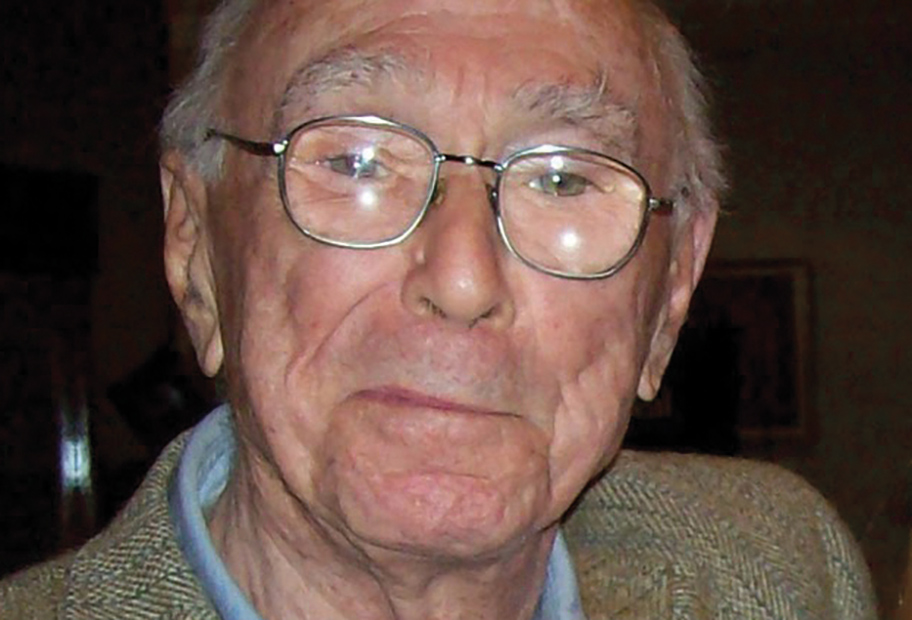bruner’s three modes of representation
Jerome Bruner was born in New York City on October 1, 1915. He received his B.A. degree from Duke University in 1937 and his Ph.D. from Harvard in 1947, where he was a member of the faculty at the Department of Psychology from 1952 to 1972. Furthermore, he was the cofounder and director of the Center for Cognitive Studies at Harvard. In 1972, Bruner left Harvard to teach at the University of Oxford, where he remained until 1979. Then he returned to Harvard as a visiting professor, before joining the faculty of the new School for Social Research in New York City 2 years later.
Jerome S. Bruner is one of the best known and most influential psychologists of the twentieth century. He was one of the key figures in the so-called cognitive revolution – but the field that was influenced most by his work is doubtlessly education, in which he was engaged from the late 1950s on.
Following the death earlier this year of the influential psychologist Jerome Bruner, Linda Pound looks at his theories, achievements and their enduring impact on early years practice
Thank you for visiting Nursery World and making use of our archive of more than 35,000 expert features, subject guides, case studies and policy updates. Why not register today and enjoy the following great benefits:
References:
http://www.nurseryworld.co.uk/features/article/early-years-pioneers-jerome-bruner
http://www.definitions.net/definition/cognitivism
